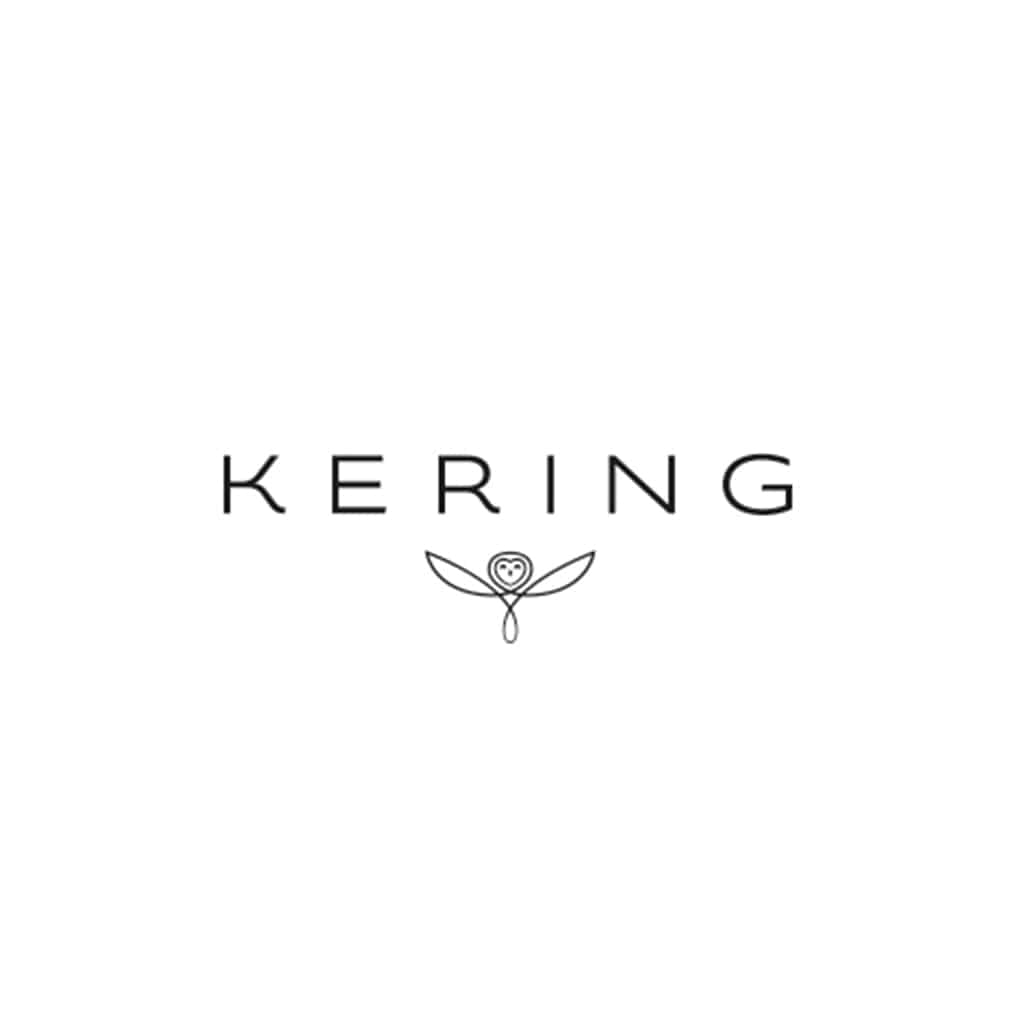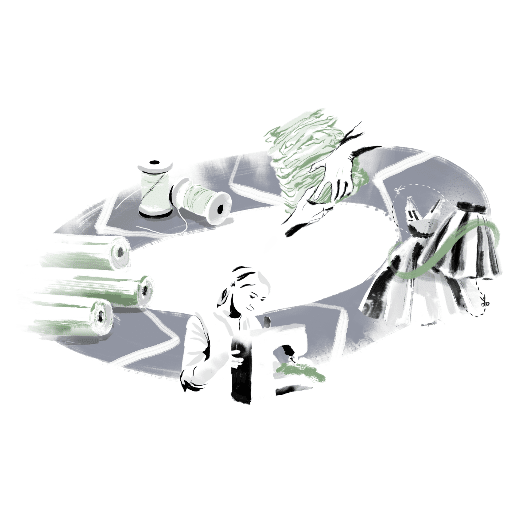Zero microfiber waste by 2030

Terms of the action or commitment
The impact of microfiber pollution on human health and environment is a major concern for the textile industry. These microfiber pollution in the oceans and in the air comes from clothing, not just synthetic fibers but also natural fibers. Kering is working on eliminating use of toxic chemical products and removing microfibers and microplastics from its production processes to achieve its engagement of “zero microfiber waste by 2030”.
Actions identified to achieve the commitments:
- Active participation in The Microfibre Consortium (TMC) as part of a collaborative approach between manufacturers and brands to highlight the growing need for better understanding of microfiber pollution and its adverse effect on aquatic environments and air quality. The consortium is calling for the sector to measure, map, guide and reduce levels of microfiber release.
- Identification and stopping the use of dangerous chemicals and on microfiber and microfibers and microplastics leakage due to manufacturing processes.
- Continuation of the pilot project launched in 2021 by the Materials Innovation Lab (MIL) with the objective of conducting an industrial-scale microfiber filtration system in Kering’s supply chain. The results and feedback from this pilot project will be used to (i) optimize and further refine the filtering process, (ii) validate the effectiveness of microfiber capture and (iii) will also be made available to the rest of the industry. In 2022, we will launch another project to design, test and validate a microfiber filter for commercial laundries in an industrial environment. The success of this pilot could lead to its commercialisation in coming years.
- Obtain in 2022, The Kering Test and Innovation Lab, the accreditation for the TMC shradding test method to perform experimentations. This will allow Kering to increase the knowledge around the microfiber.
- Pursue the identification of eco-design projects that prevent leakage at an early stage in the product life cycle, for example by using the best quality material and more long-lasting fibers, with specific fabric structures, material compositions, fibers, yarns, and dyeing processes. In addition to limiting microfiber waste, this approach enables the development of more sustainable products.
- Engaging and involving suppliers to comply with Kering’s Sustainability Principles to implement measures to mitigate microfiber leakage during the manufacturing phases: using certain dyeing, washing, finishing, and cutting processes, or measures to increase pre-washing and filtering of products.
Levers mobilized for circular economy (according to Ademe)
Implementation timeline
Starting year
2021
Ending year
2030




